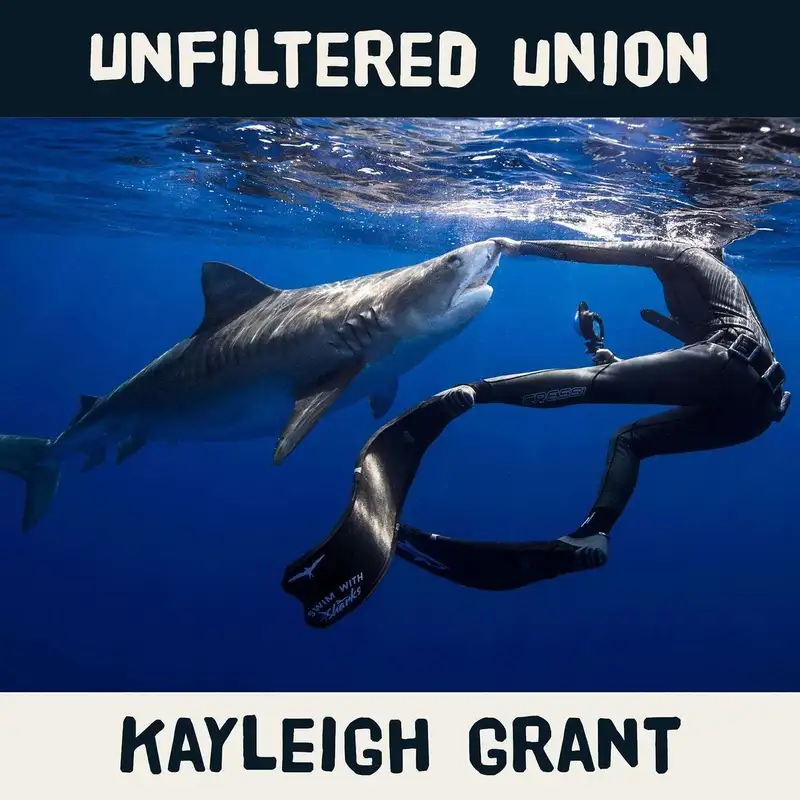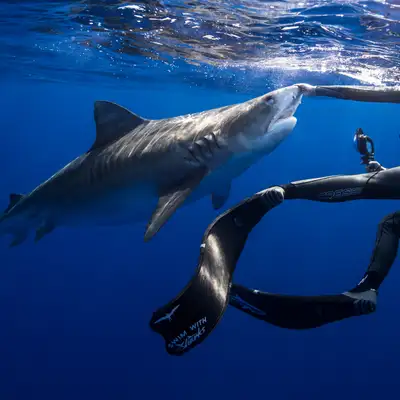In this episode, we have a fascinating interview with Kaleigh Grant, also known as Kay. Kay takes us on a journey from her upbringing outside Philadelphia to becoming a renowned shark expert in Hawaii. She sheds light on the crucial role sharks play in the ecosystem and the various threats they encounter, including overfishing and plastic pollution. Kaye underscores the significance of adopting sustainable practices such as using reef-safe sunscreen and reducing single-use plastics. Through her company, Kaimana Ocean Safari, she actively works towards connecting people with the ocean and advocating for conservation.
---
Guest Info:
Kayleigh Grant
Founder – Captain – Lead Safety Diver
Kayleigh “Kay” grew up outside of Philadelphia with a deep love and longing for the ocean and curiosity of its inhabitants. Kay has a Bachelor of Science in Ecotourism & completed the Marine Option Program at the University of Hawaii, as well as a shark specialty course with Queensland University and Cornell University. She’s been living in Hawaii for 12 years and was able to further her love of the ocean and learn invaluable information about safety and sharks from the amazing team at One Ocean Diving from 2015-2020. Kay has guided ocean goers of all walks of life at home in Hawai’i, as well as around the globe with her Kaimana Expeditions. Kay is passionate about connecting people to the ocean in a deeper way and inspiring others to change their daily habits to better benefit the natural world. Onboard Kay will teach you how to properly interact with animals, safely interact with sharks, the importance of cutting out single-use plastics, which sunscreens are safe for the reef, and more!
Website - https://www.kaimanaoceansafari.com/
Instagram - https://www.instagram.com/mermaid.kayleigh/
Facebook - https://www.facebook.com/kayleighnb
---
Want more of the show? Check out all of our links below:
Website - https://www.unfilteredunion.com



